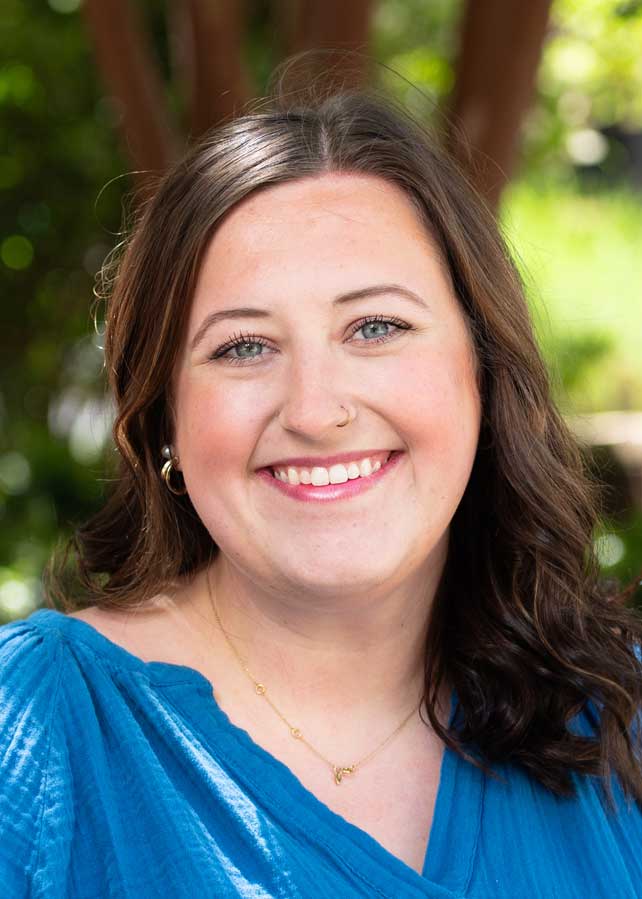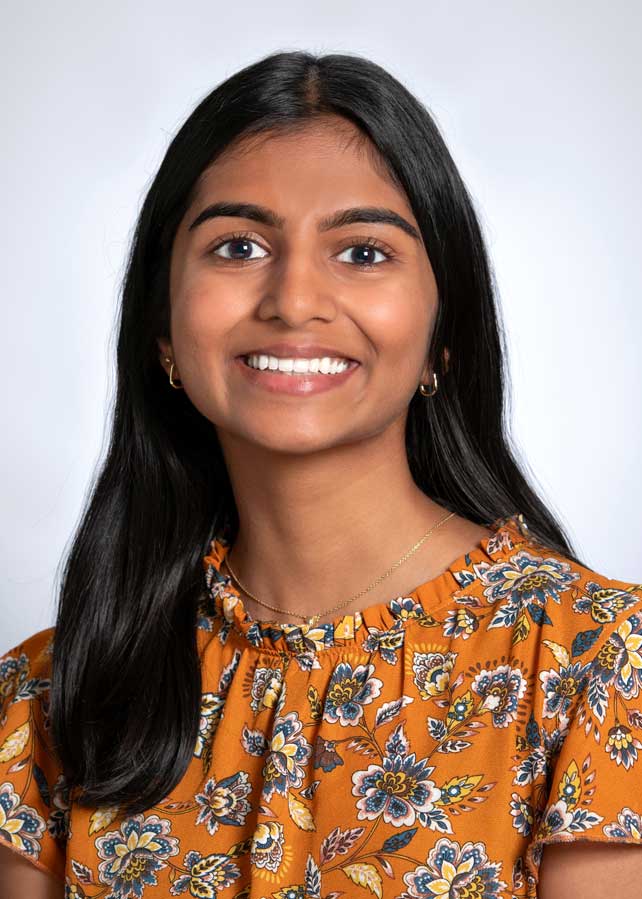Global health is an area for collaborative, transnational research and practice that prioritizes improving health and achieving equity in health for people worldwide. The UAB Master of Science in Global Health (MSGH) program is uniquely offered by the UAB Heersink School of Medicine and the UAB School of Public Health. The degree connects students with cutting-edge global health research and practice through collaborations amongst the Mary Heersink Institute for Global Health, the Sparkman Center for Global Health, the Global Health Consortium, and several international partners.
It features a global classroom in which the Foundations of Global Health I/II courses are offered to students from around the world and affiliated with the other universities in the Global Health Consortium. Experienced, diverse faculty members lead courses with various international partners in interdisciplinary, global health research and practice. The coursework features an optional internationa Camryn Durhaml travel experience through an annual student symposium at Manipal University in India. There is also a broad spectrum of elective courses on maternal child health, global partnerships and policy, and health equity.
Camryn Durhaml travel experience through an annual student symposium at Manipal University in India. There is also a broad spectrum of elective courses on maternal child health, global partnerships and policy, and health equity.
The Heersink communication team enlisted Camryn Durham and Divya Annamalai, two recent graduates of the program, to shed some light on the curriculum and experience.
“Foundations I and II were two of the most transformational courses I have taken in terms of learning tangible concepts of global health work,” said Durham. “These courses taught me about global health and how to work effectively in a dynamic and diverse team across countries and time zones.”
Durham’s final project was a scoping review protocol titled “How extreme heat may be leading to increased rates of anxiety and depression among young adults since the COVID-19 pandemic.”
“I thoroughly enjoyed these classes,” remarked Durham. “The course materials and the high caliber of students from other universities in the consortium pushed me to think outside the box and challenge previous beliefs.”
Durham started the Doctor of Public Health program in the Department of Health Policy and Organization this fall. She looks forward to utilizing the skills she gained in her global health career to help examine problems from diverse perspectives.
 Divya AnnamalaiIn addition to the riveting coursework, Annamalai also took advantage of the optional international travel experience at Manipal University in India.
Divya AnnamalaiIn addition to the riveting coursework, Annamalai also took advantage of the optional international travel experience at Manipal University in India.
“The two-week Manipal Global Health Learning Symposium provided a valuable opportunity to gain new insights into global health while allowing me to develop both personally and professionally,” said Annamalai. “It featured an exploration of the Indian health care system, collaborative group work, discussions with diverse individuals, and extensive networking with a diverse mix of participants from eight universities around the globe.”
While in Manipal, Annamalai worked on a system mapping activity in the mental health student cluster, allowing her to visit four different facilities in Uddupi and help map out the local mental health landscape.
“It was also great to meet some of my Global Health Foundations I and II group mates from McMaster University in person after only interacting with them virtually the past two semesters,” remarked Annamalai.
Inspired by the international nature of her studies, Annamalai’s final project was entitled “Barriers to and Impacts of Breast Cancer Diagnosis Disclosure on Patients at a Tertiary Care Hospital in Kenya: A Qualitative Study.”
Annamalai started medical school at the Heersink School of Medicine this fall.